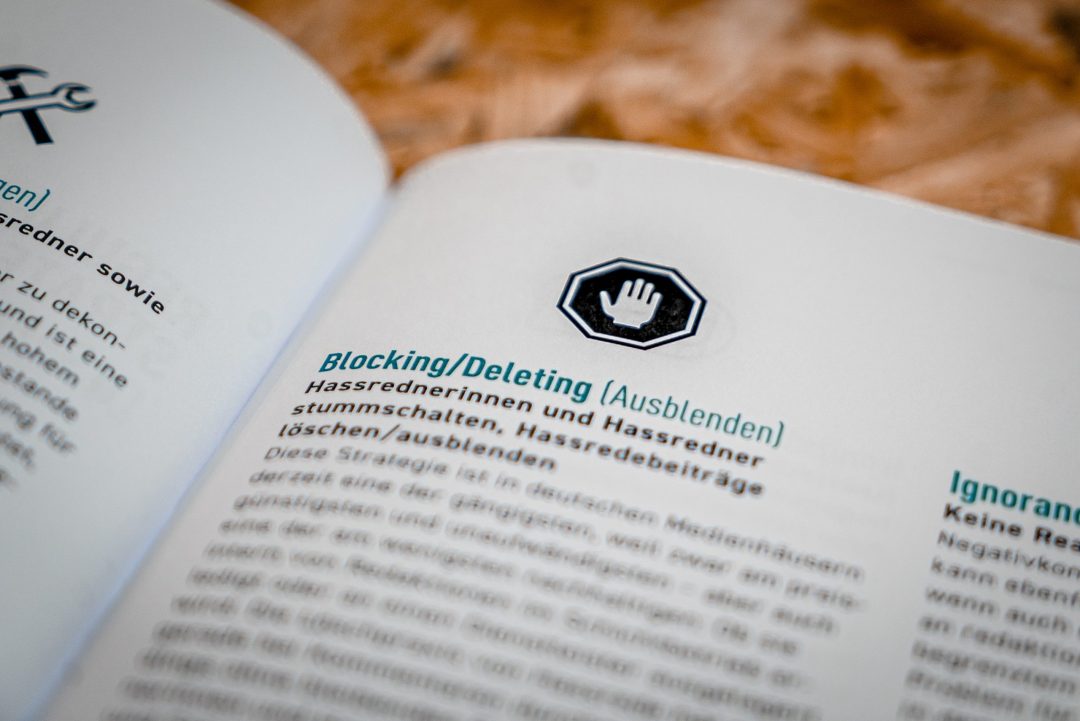Today, ONC announced that it will exercise its discretion in enforcing all new requirements under its Cures Act Final Rule which have compliance dates and time frames until 3 months after each such date identified in the Final Rule. The ONC Final Rule is scheduled to be published on May 1, 2020 in the Federal Register. The ONC has developed an “Enforcement Discretion Dates and Time frames” chart which indicates that the Part 170 Information Blocking provisions will have a compliance Enforcement Discretion Date of February 1, 2021.
The ONC Cures Act Final Rule has two main components: Certification (Part 170) and Information Blocking (Part 171). The requirements pertaining to Certification are much more technical in nature and apply to health information technology (i.e., Health IT Modules). As such, health information technology (IT) developers are most directly impacted by Part 170. In addition to its focus on the technical aspects for certification of health information technology, Party 170 also expressly makes the impermissible Information Blocking practices described in Section 171.103 of Part 171 directly applicable to health IT developers.
The Information Blocking standards found in Part 171 extend broadly to health care providers, health information exchanges (HIEs), health information networks (HINs). It is worth noting that ONC points out in the Preamble to its Final Rule that compliance by HINs (and HIEs) is not limited to HINs (and HIEs) that are formed as separate legal entities. However, initially the ONLY electronic health information (EHI) that will be subject to the prohibition on Information Blocking are “data elements represented in the [United States Core Data for Interoperability] USCDI standards adopted in §170.210”. Those data elements for the Final Rule are:
- Patient Demographics
- Current Address
- Previous Address
- Phone Number
- Phone Number Type
- Email Address
- Provenance
- Author Organization
- Author Time Stamp
- Allergies and Intolerances
- Substance (Medication)
- Substance (Drug Class)
- Reaction
This limitation on EHI subject to the Information Blocking rules extends to May 2, 2022.
The main purpose of Part 171 is to implement the Information Blocking practices which are prohibited under 42 U.S.C. 300jj- 52. Information Blocking is defined as follows:
(a) Information blocking means a practice that –
(1) Except as required by law or covered by an exception set forth in [Part 171], is likely to interfere with access, exchange, or use of electronic health information; and
(2) If conducted by a health information technology developer, health information network or health information exchange, such developer, network or exchange knows, or should know, that such practice is likely to interfere with, prevent, or materially discourage access, exchange, or use of electronic health information; or
(3) If conducted by a health care provider, such provider knows that such practice is unreasonable and is likely to interfere with, prevent, or materially discourage access, exchange, or use of electronic health information.
45 C.F.R. 171.103 (emphasis added). There are nine exceptions where an activity which might otherwise constitute prohibited Information Blocking is allowed if the exception applies.
Violation of the Information Blocking prohibitions carry potential civil monetary penalties (CMPs) for any health IT developer, HIN or HIE that violates them. However, a CMP rule will need to be proposed and finalized before any monetary penalty can actually be assessed. In addition, health care providers who are reported and determined by the Inspector General to have engaged in prohibited Information Blocking practices will be “referred to the appropriate agency to be subject to appropriate disincentives using authorities under applicable Federal law”. See 42 U.S.C. 300jj- 52(b)(2)(A)&(B). The regulatory deadline date for health care providers, HINs, HIEs and HIT developers to comply with the Part 171 Information Blocking provisions of the ONC Final Rule is “6 months after publication” of the Final Rule in the Federal Register (i.e., November 1, 2020). The 3-month “no OCR enforcement” for 3 months compliance with Part 170 Conditions of Certification provisions of the Information Blocking provisions would not be sooner than February 1, 2021.

